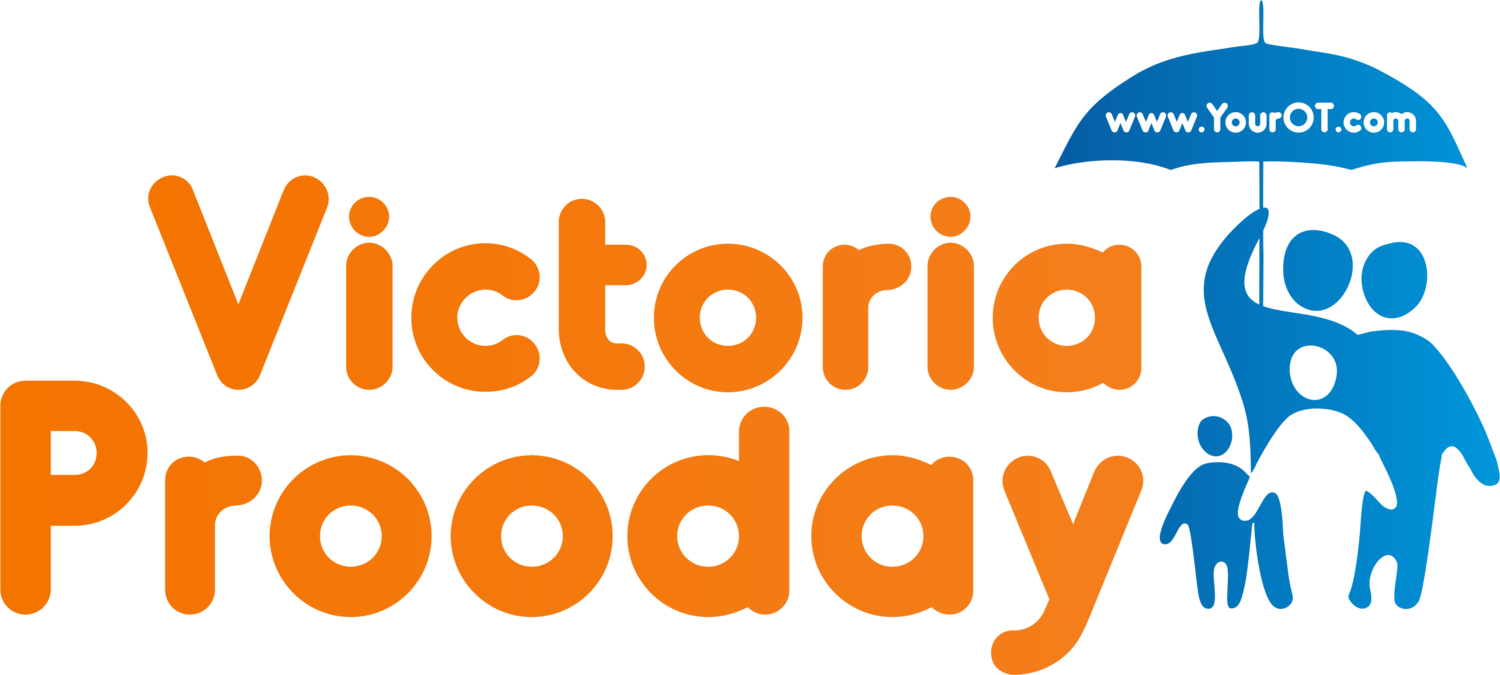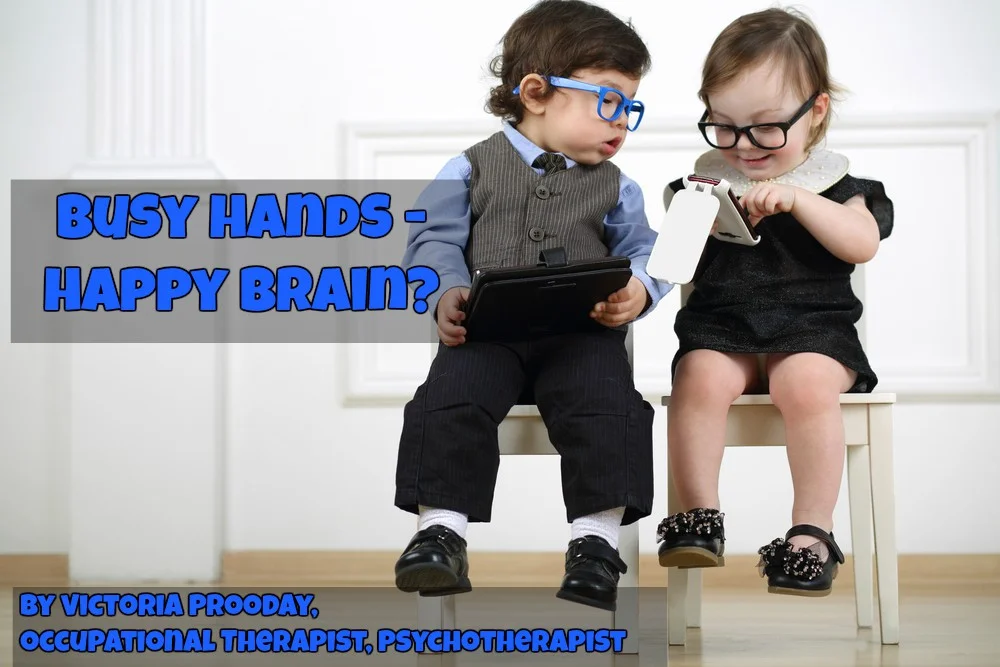More Parenting Tips by Victoria Prooday
Parenting Tip #22: Do not be your Child's GPS!
Teaching children independence, organizational and problem solving skills starts at HOME! As parents, we often do things for our kids and/or use reminders to keep them on tasks. Our reminders serve as a child’s external navigational system that guides a child through day to day life. By “GPSing” children, parents take over kids’ responsibilities and don't allow them to develop their own organizational and problem solving skills .In the classroom, there is no external GPS available to help the child keep him/herself organized. An average teacher has 25 other children in a class and can’t navigate your child through his/her day. Read my blog on how to stop being your child's GPS in order to set him for success in school and life. This note was posted in a Portuguese school to remind parents about their responsibilities.
Parenting Tip #21: Laughter is the best medicine for your relationship with your kids!
Laughter is a universal language spoken by humans all around the world. Laughter is the best medicine for human relationships. It is a powerful way to connect with our children and build positive emotional bridges. When we laugh, we send them a message of connection and love. Laughter is always free, always available, easily accessible, and has no side effects (except for being addictive)! Share your laughter and strengthen your relationships!
PARENTING TIP #20: What is truly Important in Life?
We lost the sight of what's important and what brings real, lifelong happiness. We have created an artificial world for our children where everything is fun, everything is about them, and everyone gets a trophy without working hard. Are we preparing our children for real life? Are we raising them to eventually become successful adults? Unfortunately, our children are not being prepared to lift the load of real life. Real life requires hard work, self-discipline, ability to work through boredom and being able to deal with challenges. Childhood is a preparatory stage for adulthood. For the sake of our children, we have to get back to common sense! Teach them work ethics, ability to give (not just receive), deal with challenges, and delay gratification. Read my blog post on how to develop these skills in kids.
Parenting Tip #19: My Biggest Secret
When I do my initial assessments, I prefer to observe a child and his parents in their natural environment, home. As a result, I am fortunate to visit hundreds of homes. Often, the first thing parents show me is their kids' playroom. However, I can tell you my biggest secret... What actually interests me is their dining table. It tells me so much about the family - values, priorities, and connectedness. Sadly, I have seen homes with no dining tables. Why? Because the latest toys and gadgets take the precious space of a dining table. A dining table is an investment with great future returns! In the world of disconnect, a dining table is what connects us as a family. Don't trade it for anything.
Parenting Tip #18: Take care of Yourself First
Parenting is a full time emotionally demanding job that requires constant positive pouring from our emotional cup. Can we pour from an empty cup? Can we pour positive energy from a cup filled with stress and negativity? Can we give what we don’t have? As parents, we need to take care of ourselves to ensure that our emotional cup is being filled in order to be able to fill and refill the emotional cups of our children. Go for a walk, dance to your favorite song, enjoy a cup of tea with someone who empowers you, buy flowers for someone you love, learn something new, read a book, take a deep breath and enjoy the moment!
Parenting Tip#17: Connect Emotionally
To fill your child's cup doesn't mean to get him the most expensive toy. It doesn't mean to buy him another pair of his favorite shoes. All children need to fill their cups are not 'things', but emotional connectedness to their parents. Their needs are simple and absolutely free, but are in short supply in today's high-tech world. Unplug yourself from devices and connect to your kids. Surprise them with flowers, tickle them, put a love note in the lunch box, dance together, crawl together, read together, have pillow fights, have family dinners with candles, relax together next to a fireplace and share stories, and simply tell your child 'I love you'. Flowers don't grow without water, children don't grow without love!
Parenting Tip #16: My Child is Irresponsible..
Often parents come to me complaining, 'My child is irresponsible. Please talk to him'. My response is, 'I don't need to talk to him. I need to talk to YOU!' Parents are always surprised by my response. 'To me? I am responsible, HE is not!'
Being responsible is a skill that requires training as any other skill. Do you put the time and effort into training your child to ride a bike? Same applies to teaching children to be responsible, independent and organized. Some kids are faster learners. Other kids make us work really hard until they grasp the skill. Nevertheless, all children require our training. The first step in training responsibility is GIVING children responsibilities! Read my blog post on how to train kids organizational skills.
Parenting Tip #15: Fix the Environment, not the Flower
The environment that we provide to our children can enable or disable them. If you want to 'fix' your child, first, fix the environment in which he/she grows and then watch your child bloom!
Parenting tip #14: First, Teach them to Set The Table
We have the power to rewire our children's brains for the better, or for the worse. What children do on a day-to-day basis has tremendous impact on their brain. In my practice, I have learnt from parents that the prime time for kids’ gadgets’ use is while parents are preparing dinner. I often hear, “What else can she/he do while we are busy cooking?”
What are children missing when spending their time in front of screen while their parents prepare dinner? Learning an important life skill, contributing to the family, taking responsibility, connecting with parents, and developing a sense of mastery. This is what we, as parents, take away from our kids while plugging them into screens while we are busy cooking.
Incorporating your child into dinner preparation is a great way to connect with your child and to rewire his/her brain for the better on a daily basis. Start by involving your child to set the table. Gradually involve your child in simple cooking tasks. Make it their new daily routine!











